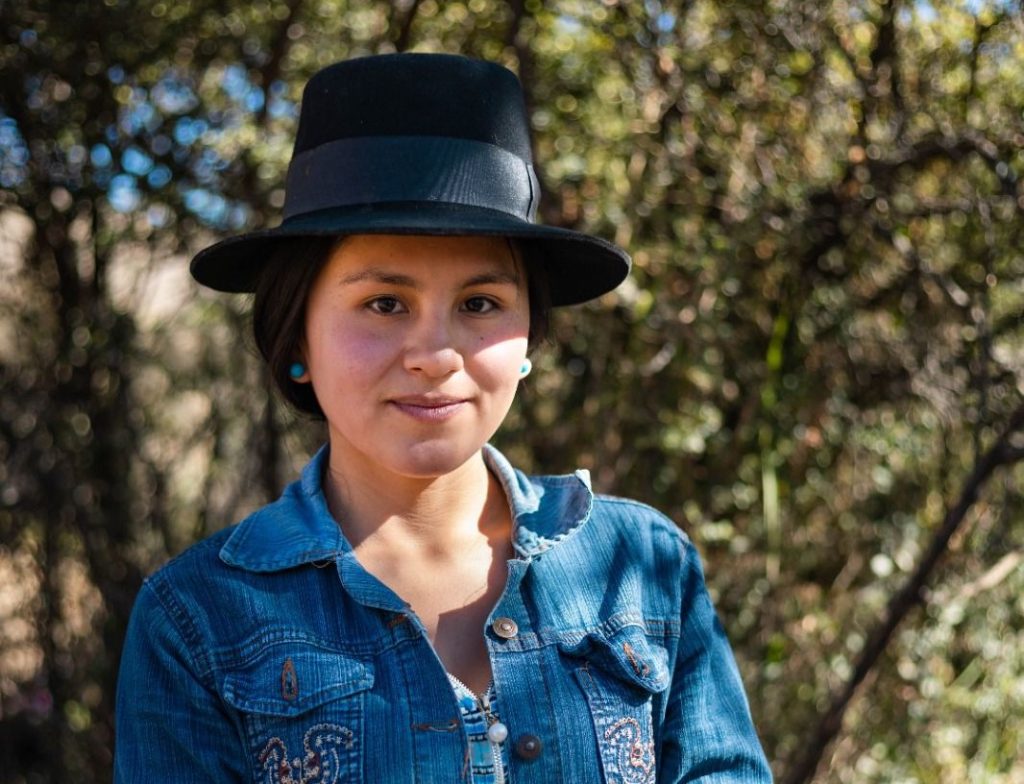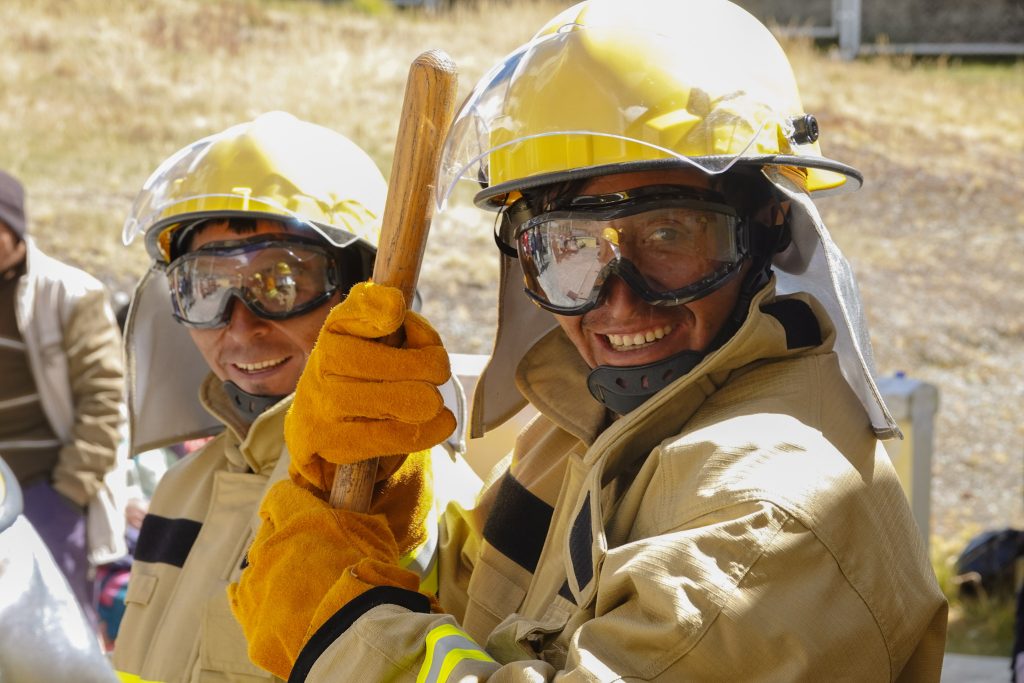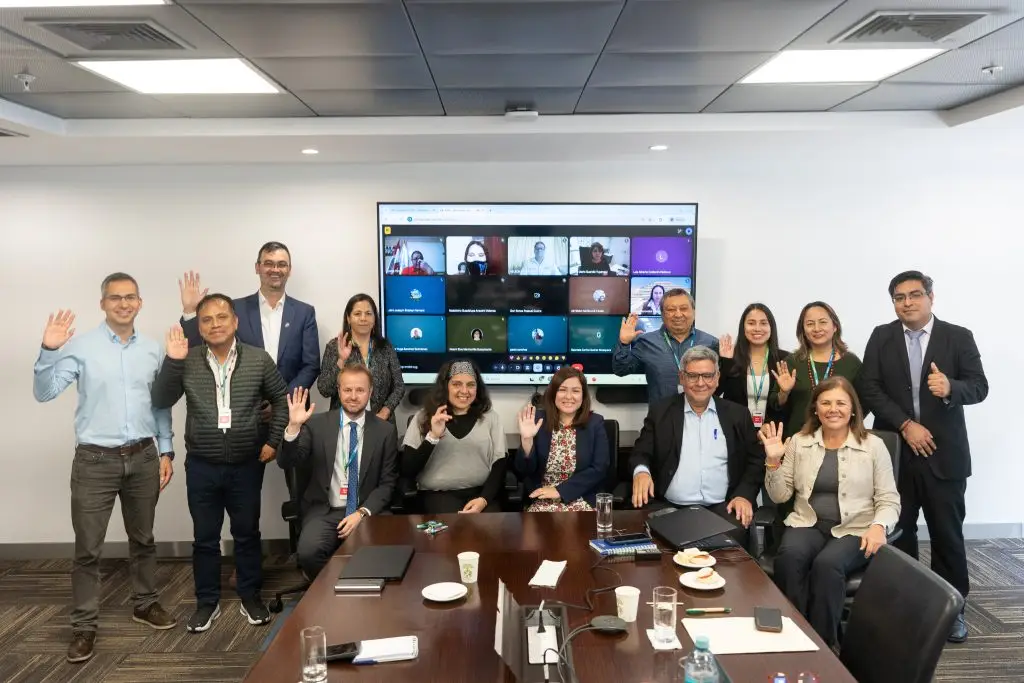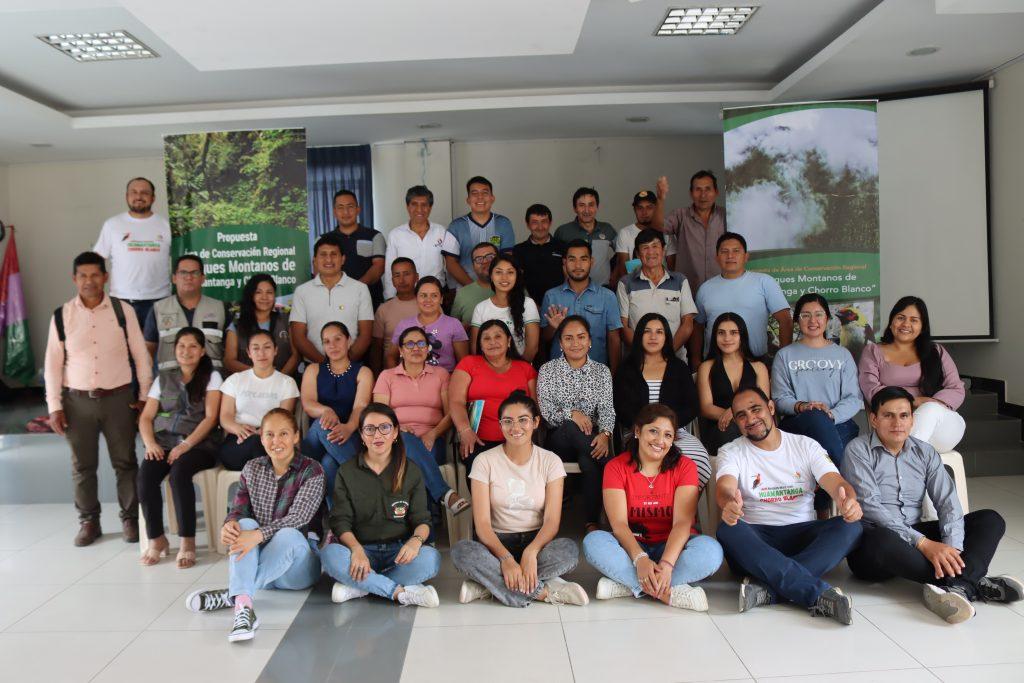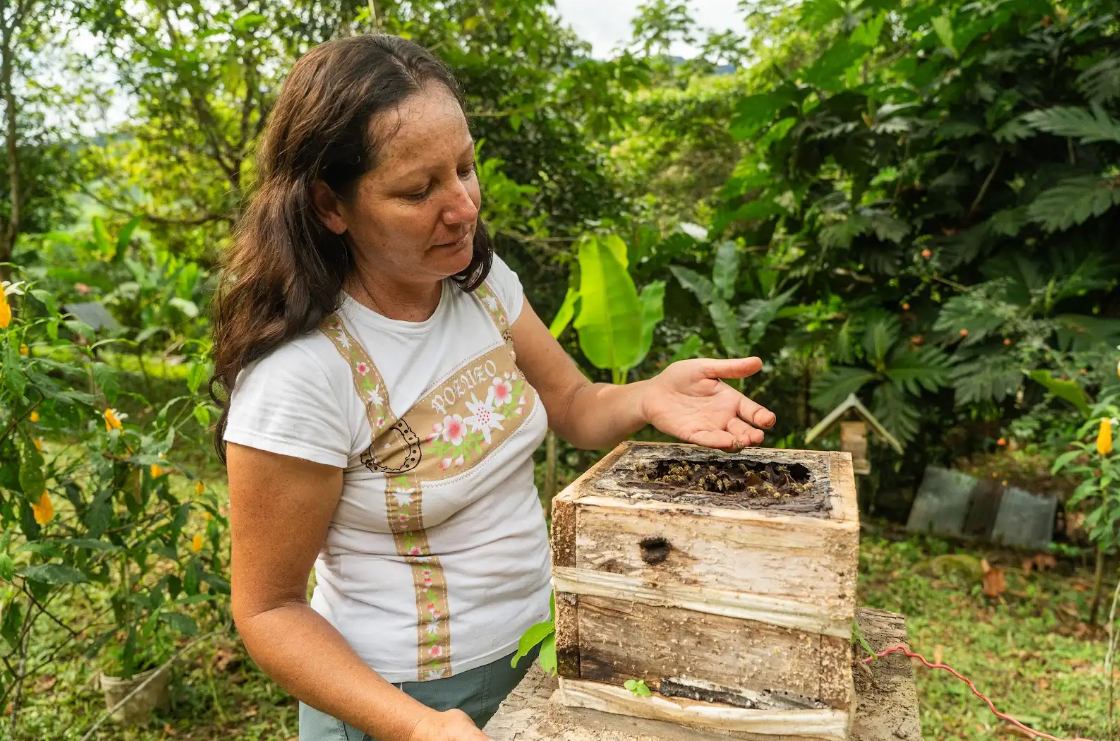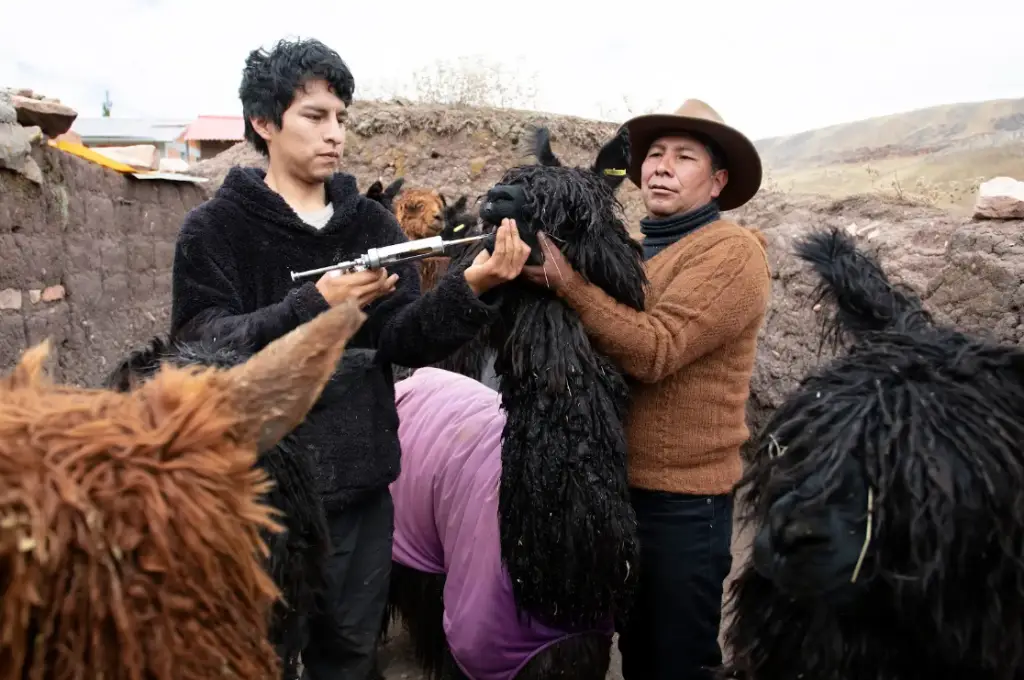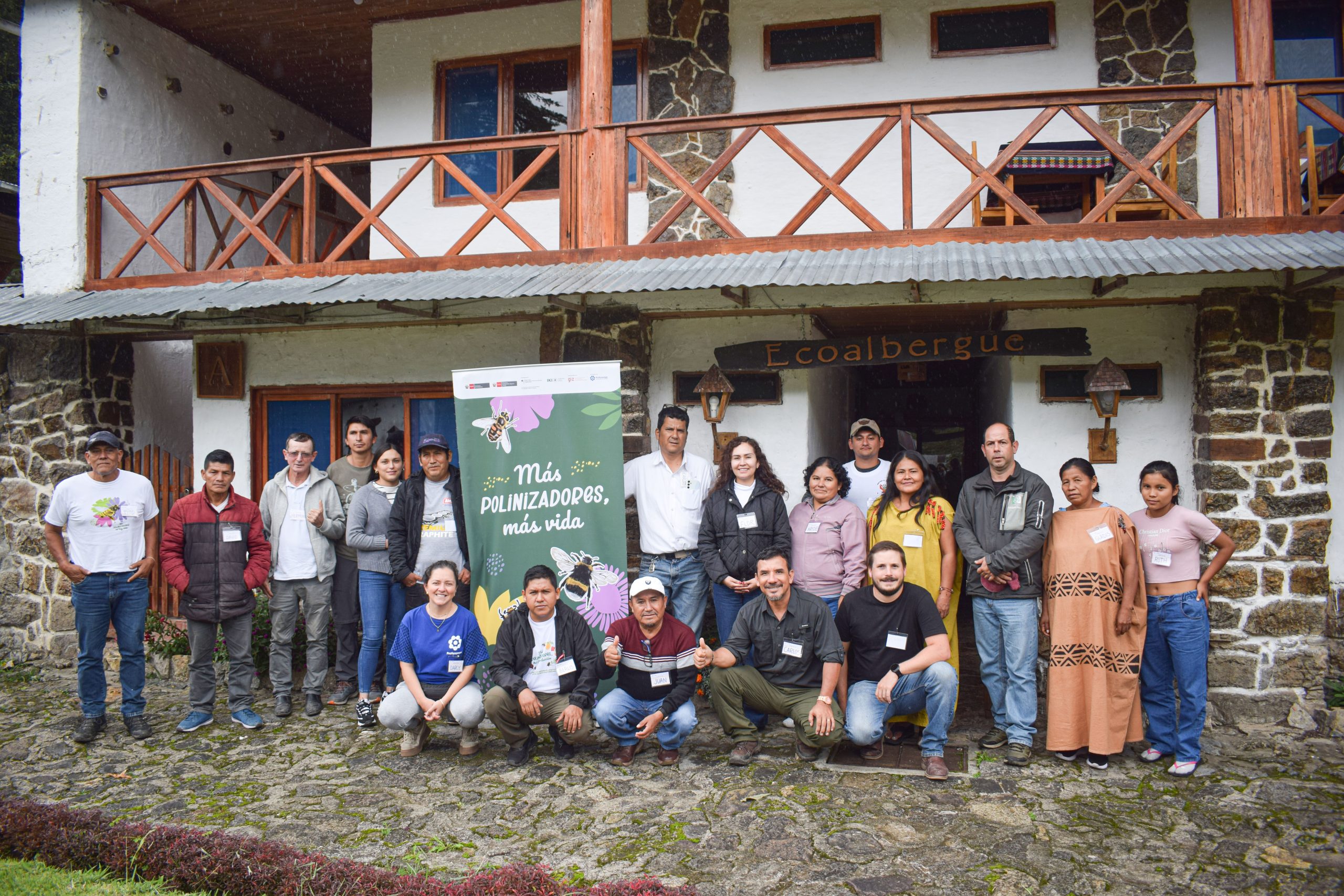Photo: Profonanpe
“Each food we produce contains years of ancestral wisdom,” said Guisela Ubaqui, a young leader from the rural community of Huayana (Apurímac), who, since 2022, has been a member of the Youth Network for Agrobiodiversity, where she promotes ecological agriculture and the transmission and practice of ancestral knowledge.
Peru, with its vast agrobiodiversity, is a natural treasure that needs to be protected, and Guisela is one of the voices speaking out to ensure its conservation. At the age of 24, on August 14 she represented her farming community, Huayana, at APEC Citizen 2024, a global outreach event organized by Indigenous Research Network, where she demonstrated how ancestral knowledge is coping with climate change.
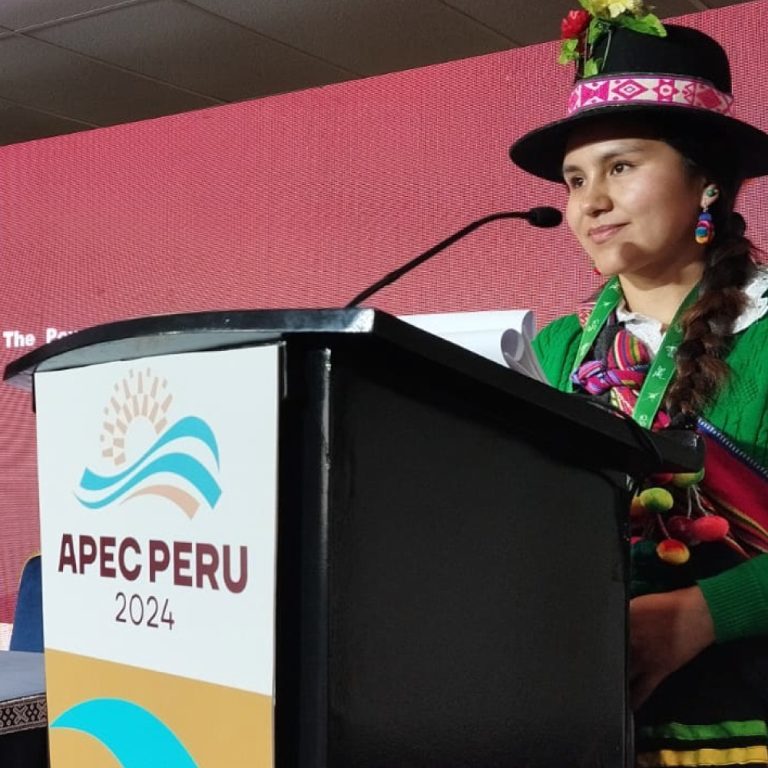
Photo: Profonanpe
During the event, Guisela shared her experience and work with the GEF Agrobiodiversity SIPAM Project, an initiative that aims to conserve and sustainably use agrobiodiversity in communities such as Huayana, Acora (Puno), Lares (Cusco), Laria (Huancavelica) and Atiquipa (Arequipa).
In her community, this project has been key to the conservation and recovery of wetlands and grasslands, reforestation with 5,000 native Queñua plants, seed preservation, and raising awareness among local authorities about the importance of planting and harvesting water.
“It is a great opportunity to represent my community in such an important event,” comments Guisela. “I want to highlight how our ancestral knowledge can help address climate change.”
Profonanpe spoke with Guisela about her participation in APEC and how the GEF Agrobiodiversity GIAHS Project has influenced her agrobiodiversity conservation work.
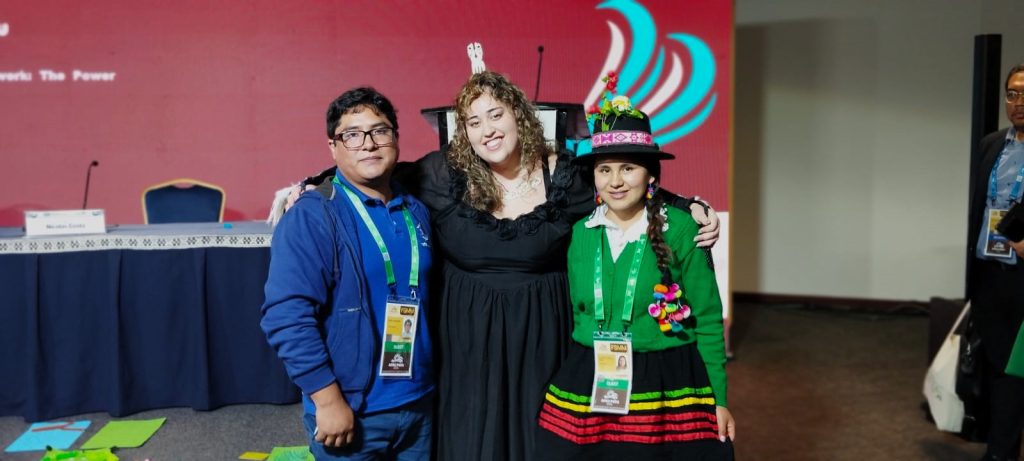
Photo: Profonanpe
As a woman conservationist, what does it mean to you to represent your rural community of Huayana in an event as important as APEC?
Representing my community is an opportunity to share our experiences and ancestral knowledge, how we connect with the land. It is an honor to learn from other women in this event. I have always seen men participate in these spaces, and now I am happy to see more women, to be able to give back to my community and continue working for the good of the land.
You mentioned that your parents’ heritage is key to your work. Could you share with us any ancestral practices or knowledge that you consider important to address climate change?
My grandparents and my parents have taught me everything I know. This year, because of climate change, my community faced frosts that were not usual in these seasons. To combat that we used eucalyptus branches to help protect the plants from the cold. We also planted rhubarb around the water sources at more than 3,000 meters above sea level, which helped conserve water.
How has the GEF GIAHS Agrobiodiversity Project impacted your community and your work as a young leader?
The GIAHS project was very beneficial because it worked directly with the community, without intermediaries. In my community, headwaters were protected and pastures were recovered. In Huaychao, the project helped with water resources, which is essential for life and production. Without water there is no life, and if water is scarce, there is no production.
What is the importance of involving young people in the preservation of agrobiodiversity?
Young people must get involved in agrobiodiversity conservation, only then can we pass on this knowledge to future generations. Since I joined the Youth Network in 2022, we have supported our communities on a voluntary basis, protecting headwaters and raising awareness about the importance of conserving agrobiodiversity. We want more young people and children to join us in this work.
What message would you like to share with other women and young people who, like you, are committed to environmental conservation?
I believe that as women and young people it is in our hands to conserve and preserve ancestral knowledge, as well as to disseminate it to new generations. On the other hand, it is essential to highlight the work with the community and that of our parents and grandparents, because we learn from them, they are our guides.
Important information:
For more information on the sustainable use of agrobiodiversity learn about the initiative Hands cultivating (Manos que cultivan).


